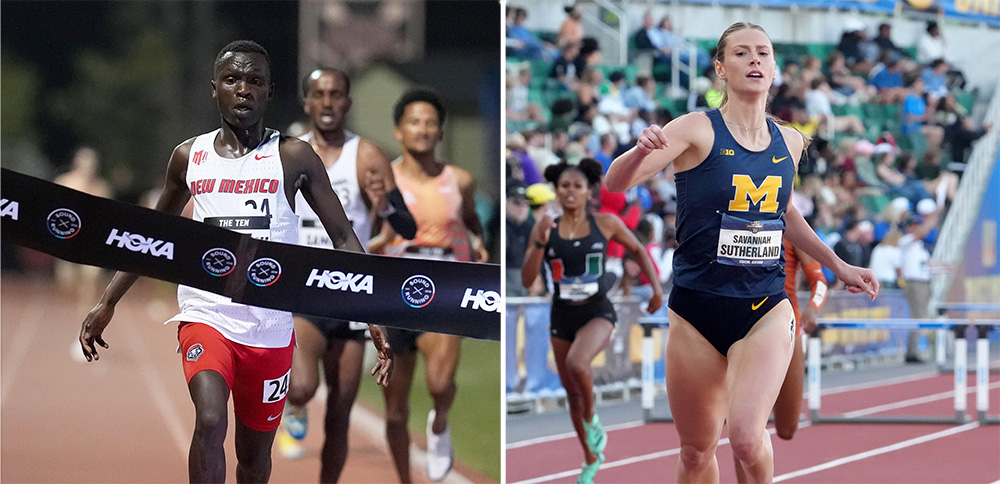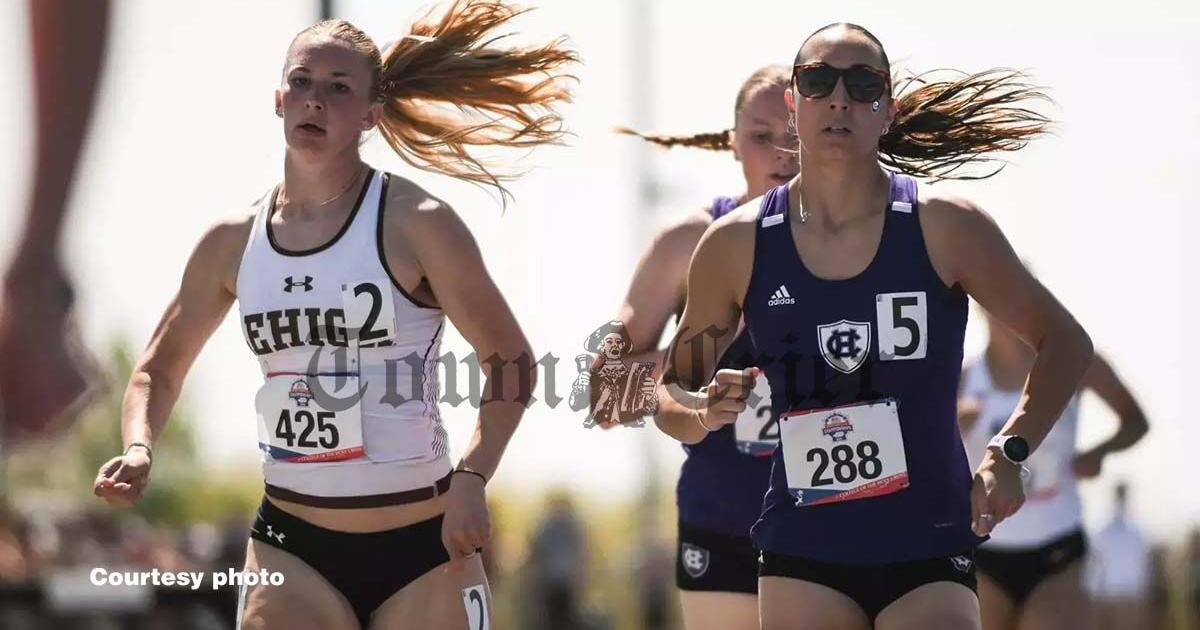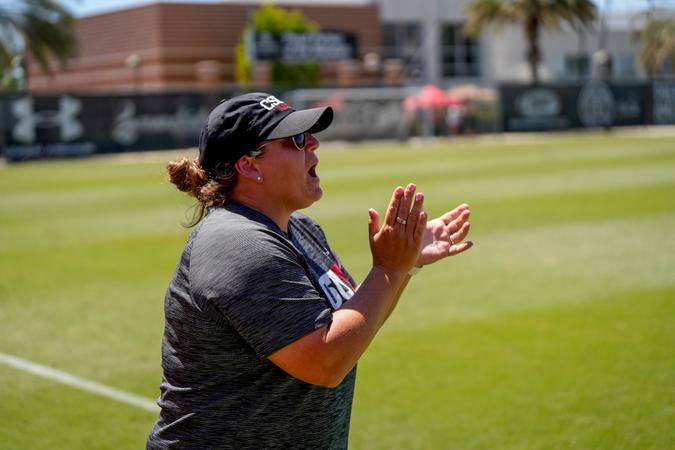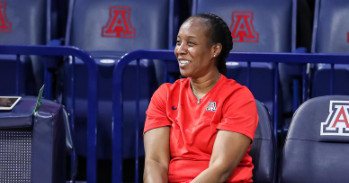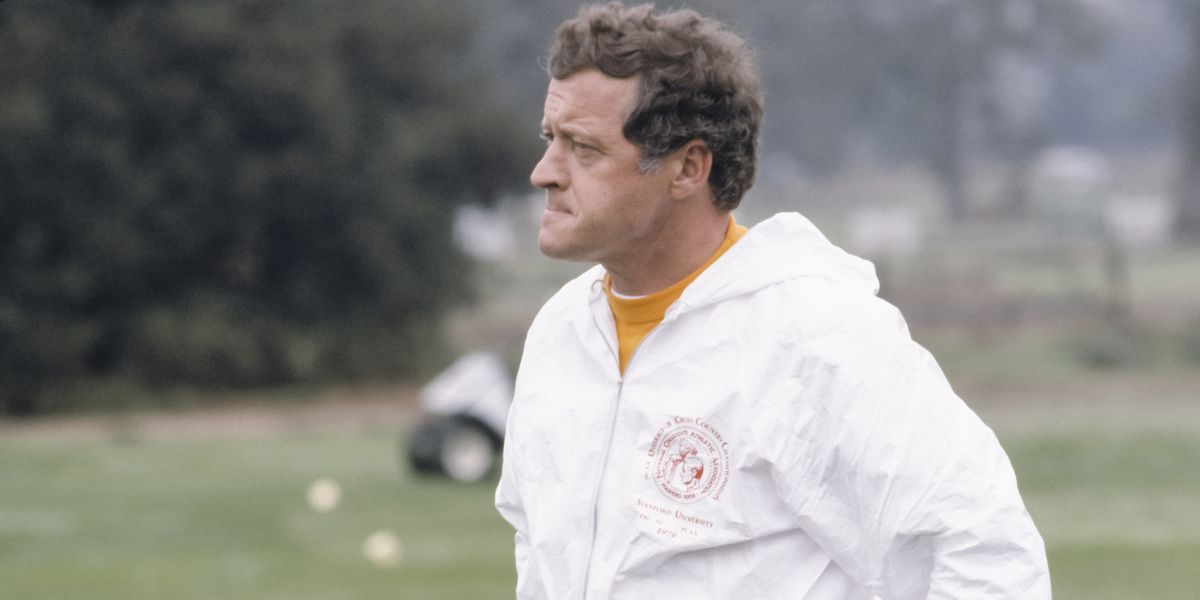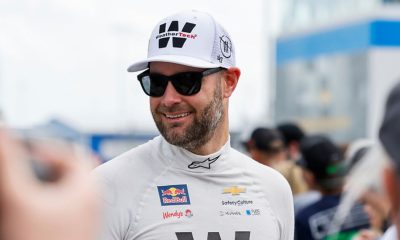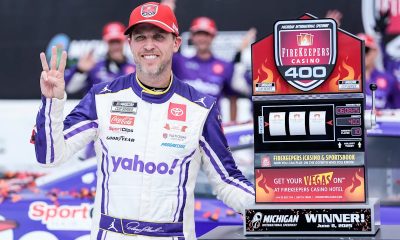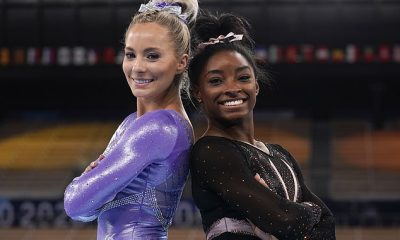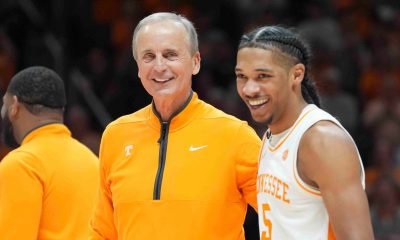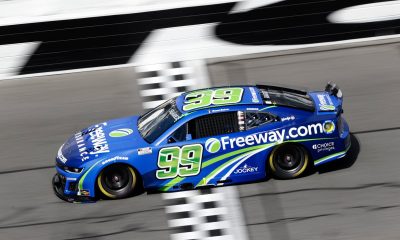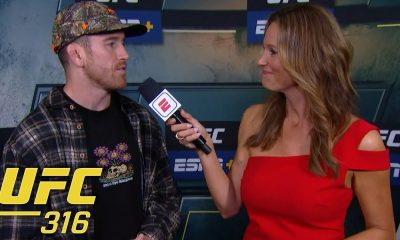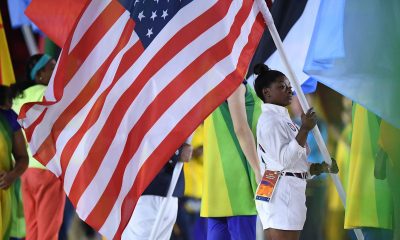Bill Dellinger, Olympic bronze medalist in the 5,000 meters, mentor to the legendary Steve Prefontaine, and for more than 30 years a winning University of Oregon coach, died on June 27 at age 91.
Dellinger was an outsider in the star-studded 5,000-meter final at the Tokyo Olympics in 1964, but he coped with the rain-soaked cinder track, the wildly varying pace, and the mass sprint on the final lap to emerge as a surprise bronze medalist, while Bob Schul even more dramatically won gold. Ralph Hill (silver, 1932), Paul Chelimo (silver 2016, bronze 2020), and Grant Fisher (bronze, 2024) are the other Americans to medal at that distance.
In a very different crisis, the terrorist siege and massacre of Israeli athletes at the 1972 Olympics in Munich, Dellinger showed the same cool judgment under pressure. As coach to Prefontaine, he took the distraught 21-year-old into his own accommodation, and then drove him out of the city for a day of calm privacy, enabling him to reorient for the fraught 5,000-meter final. Prefontaine narrowly missed a medal, but it was Dellinger who put him in a position to challenge as unforgettably as he did.
Bill (William Cornelius) Dellinger was a lifelong contributor to the sport of running, who needs to be defined by more than his connections to Prefontaine and Bill Bowerman. A committed man of Oregon, he was born in Grants Pass. In ninth grade in Springfield, his running ability caught not only the coach’s eye, but that of future novelist Ken Kesey, who recalled watching him from the school bus, “running to school instead of riding, rain or shine, the very sort of nut you’d expect to win the state cross-country title” (as retold by Kenny Moore in Bowerman and the Men of Oregon).
As a sophomore at the University of Oregon, early in Bowerman’s coaching regime, Dellinger first showed his ability to pull a surprise success under pressure, when he was the unexpected winner of the NCAA 1-mile title in 1954. Bowerman described that as “my greatest and most satisfying experience.” Dellinger went on to be a three-time All-American, won every collegiate cross-country race, placed second and first in the next NCAA track finals, and won the U.S. Olympic Trials 5,000 in an American record, to qualify for the 1956 Olympics.

Bettmann//Getty ImagesBob Schul (left) and Bill Dellinger display their medals after winning gold and bronze at 5,000 meters in the 1964 Olympics.
That year he also graduated (with a major in education), married his wife, Marol, and lowered the U.S. 5,000 record three times, to 14:16.2. But in Melbourne’s extreme heat he failed to finish the Olympic race. The failure deepened his resolve. He had joined the Air Force, and while posted to a radar station in Washington state, he spent the next year training solo twice a day on a remote Olympic Peninsula beach, counting strides to estimate track distances. That made him one of the first American track runners to persist at a world-class level after leaving college. His rewards included more American records, at 1500 meters (3:41.5), and world records at two and three miles indoors (8:49.9, 13:37.0).
One of his finest moments was a race when he fearlessly challenged the top Soviets in a tense U.S.S.R.-U.S.A. dual meet in Moscow, at the height of the Cold War, marginally losing the race (in the same time as the winner), but winning a standing ovation from the Russian crowd.
His second Olympics, Rome 1960, were another disappointment, but Dellinger was now a teacher and coach at Springfield’s Thurston High School, and came back under the direct guidance of Bowerman. In his third Olympics, in 1964, he got it right. It was Dellinger’s sudden attack with 600 meters to go that ignited the race. He kept fighting as more fancied runners faded. He grabbed third from France’s Michel Jazy in the last strides, in 13:49.8, his outdoors personal record, despite the adverse conditions and disruptive tactics.
He then retired to coach at Lane Community College, until in 1967 he was hired as Bowerman’s assistant at Oregon. He took over as cross-country head coach in 1969, the freshman year of the phenom Prefontaine. Dellinger took most of the responsibility for the development of that passionate and complex young man, and deserves credit for his success. Their relationship and behavior together was often said to be (as Moore writes in Bowerman) “like brothers.”
Dellinger faced his greatest personal challenge when Prefontaine was killed in a car wreck in 1975. Moore comments, “Dellinger was so shaken by Pre’s death that he doubted he could ever grow personally close to an athlete again.” He had succeeded Bowerman as head coach in 1973, vowing to continue his legacy, though always more reserved and thoughtful and less egotistic in style. Tension arose when Dellinger became affiliated with Adidas, designing a shock-absorbing road shoe that was in competition with Bowerman’s Nike waffle shoes. Another problem was Bowerman’s disinclination to give Dellinger credit for Prefontaine’s development. The breach was eventually healed on Dellinger’s initiative. Moore describes him as a man with a strong sense of justice who remembered his indebtedness to his former mentor. Tom Jordan, author of Pre, acknowledged Dellinger’s “always honest remembrances.”
As Oregon’s head track and field coach from 1973 to 1998, Dellinger played a significant part in coaching Olympians Alberto Salazar, Rudy Chapa, Matt Centrowitz Sr., and other major running talents, including some post-collegiates like Olympic marathoner Ron Tabb. He guided Oregon to four NCAA cross-country team championships, with five second places, and four thirds; and to the NCAA track and field outdoor championship in 1984. He guided 108 All-Americans. His straightforward style proved apt for the often rebellious university culture of the 1970s, as well as the administrative and fund-raising aspects of the coach’s duties. He retired in 1998 because of a prostate issue.
Dellinger was distance coach for the USA Olympic team in 1984. In 2001, he was inducted into the USATF Hall of Fame and the National Distance Running Hall of Fame. USA Track & Field gave him the Legend Coach Award, and he was inducted into the Collegiate Coaching Hall of Fame. He is honored by the annual inter-collegiate Bill Dellinger Invitational Cross-Country race in Springfield, Oregon. He suffered a stroke in 2000, but resumed some individual coaching. He had surgery for a stomach tumor in 2012.
In the 1997 movie Prefontaine, Dellinger’s character was played by Ed O’Neill, and in Without Limits (also the Prefontaine story, 1998) by Dean Norris. A short documentary, The Magician, was released in 2018. Tinker Hatfield of Nike, who was coached by him, said that Dellinger will in time be regarded not only as Bowerman’s heir, but as his equal.
But his full legacy is wholly his own. As an athlete, Dellinger was a record-breaking leader in America for eight years, and he won an Olympic bronze medal in one of history’s great races. As a coach, his life’s work earned him adulation in his last years whenever he appeared at any Oregon event, and the tributes of a large following of admirers on social media on every birthday.
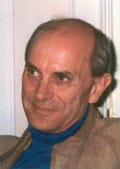
Roger Robinson is a highly-regarded writer and historian and author of seven books on running. His recent Running Throughout Time: the Greatest Running Stories Ever Told has been acclaimed as one of the best ever published. Roger was a senior writer for Running Times and is a frequent Runner’s World contributor, admired for his insightful obituaries. A lifetime elite runner, he represented England and New Zealand at the world level, set age-group marathon records in Boston and New York, and now runs top 80-plus times on two knee replacements. He is Emeritus Professor of English at Victoria University of Wellington, New Zealand, and is married to women’s running pioneer Kathrine Switzer.






